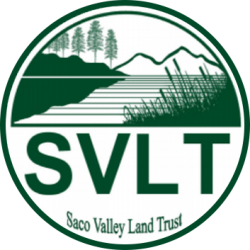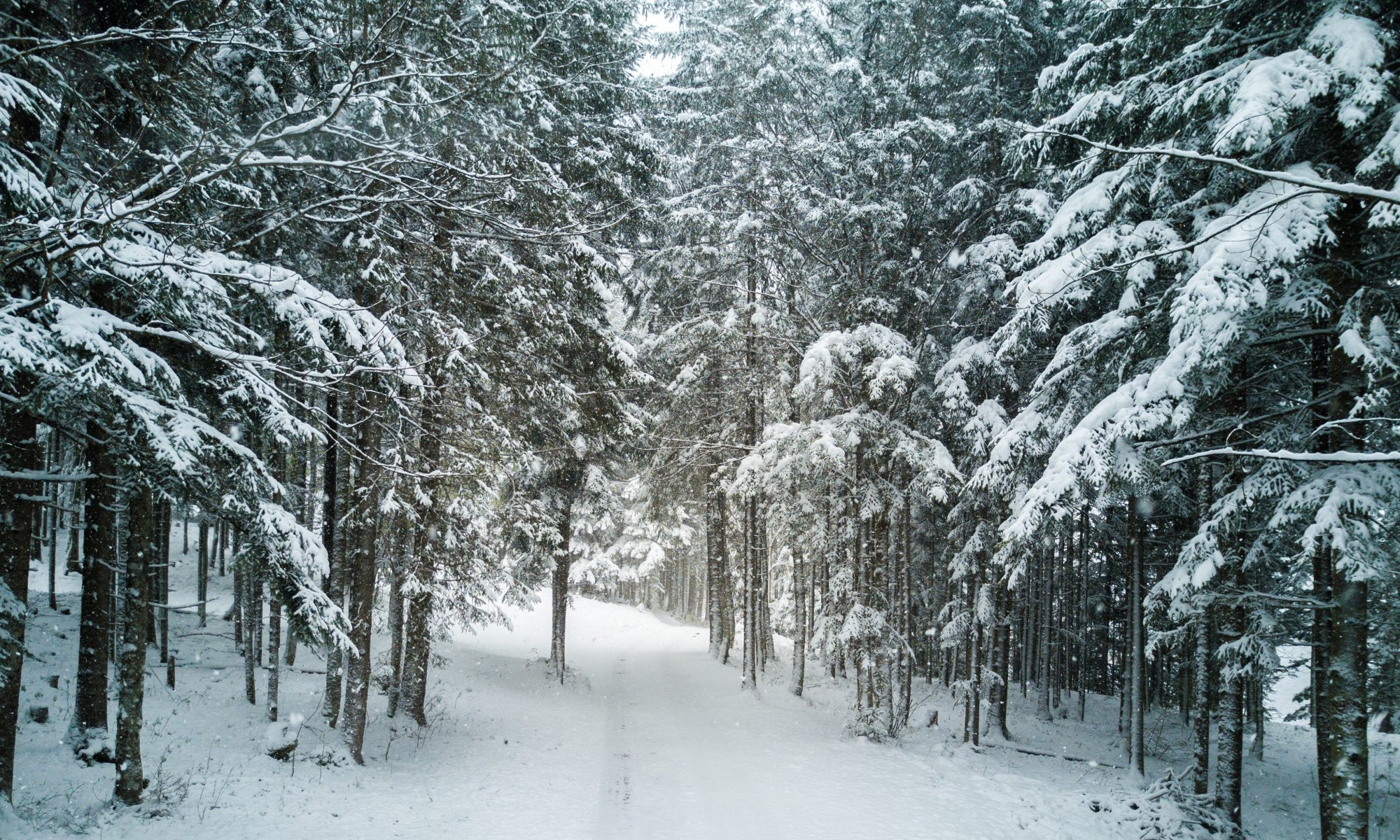How Does the Land Trust Work?
We are a federal 501c(3) nonprofit, chartered to hold conservation easements and own land. We were founded in 1988 by a small group of concerned citizens who realized that the pace of development would threaten the integrity of our natural systems in and around the Saco Valley if nothing was done to keep important parts of our ecosystems safe. Today, we have conserved many forests, farms, wetlands, shorelines, and streams, but the work is far from finished. We continue every year to work toward our mission, saving land for the future, caring for what has been conserved, and teaching about the need for land preservation.
We are a volunteer-run organization with a highly involved Board of Directors and a core group of volunteers from the community. We always welcome new volunteers to become involved and participate in the operations of the land trust – even eventually joining the Board. The land trust is going to be around for a long, long time. we need people that want to carry on the work of the land trust both now and into the future!
We are also supported by our donating membership – an essential part of any land trust’s survival. If you believe in our mission and wish to help, please consider becoming a member at whatever level you are able. Businesses may also become sustaining business members, helping their community by partnering with us to conserve land. Legacy donations are a great benefit to the land trust as well, when a generous individual leaves a portion of their estate to the land trust in their will. In addition to memberships and monetary donations, we receive help from professionals who work pro-bono or for reduced fees including those skilled in law, real estate, surveying, tech, social media and more. If you would like to help the land trust’s mission by offering discount services or professional advice, please reach out to us. Learn more about the many ways to help our work on the “How You Can Help” page.
Finally, we are often able to pursue larger projects thanks to public and private grant funding. We apply to state and federal programs that support conservation projects like land acquisitions, wetland restoration, and trail building. Private foundations also support our work in various ways. For instance, the Davis Conservation Foundation recently granted us $5,000 to pursue improvements to the organization’s structure, and to hold more events for the public. We are grateful for their support as well as for other grants we have received over the years to help us pursue our mission.
To contact the land trust with any questions or offers to get involved, please reach out to connect@sacovalleylandtrust.org. Because we are volunteer-run, we do not have a staffed office at this time, and email is much preferred. Thank you!
How can property be conserved?
SVLT can hold a conservation easement, which extinguishes development rights, on a piece of property. A conservation easement is a document that describes the specific development rights and land use restrictions that the owner wants to conserve. Easements are written specifically for each property owner according to their wishes and monitored annually to be certain no violation is occurring. The easement is registered as part of the deed and transferred to each new property owner when the property is sold. Unless the easement contains an expiration date, these resrtictions apply in perpetuity.
Donation of land to SVLT is another way to conserve property. Some people prefer this method in order to take advantage of tax incentives.
A third method is for SVLT to purchase a piece of property. Since a major fund-raising campaign would be necessary to do this, we would reserve this option for only very significant pieces of property that would have wide support.
Do property owners pay SVLT to conserve their property?
No, there is no charge to the property owner. All SVLT board members are volunteers. If surveys or boundary markers are needed, there may be some preliminary expense to the property owner. Owners may want to consider the future expenses that SVLT may incur while protecting the easement from encroachment by abutters or future owners. Donations to our Stewardship Fund are strongly encouraged, as there will often be future expenses for land maintenance or legal defense of the easement restrictions.(see below).
If I give the SVLT an easement or a piece of land, will the land be open to the public?
The SVLT works with donors to craft easements or deeds that are acceptable to both parties. Some donors wish to limit public access; others wish to encourage it. Property that is being conserved for agricultural purposes may have to severely limit access due to safety concerns.
Can houses be built on property which has an easement on it?
Easements can allow limited building or no building, depending on the donors’ wishes. Certain other activities such as farming, mining or timber harvesting can be encouraged or prevented.
Landowners may need to see some financial benefits from their land beyond tax write-offs. These aspects should be discussed with the Trust, as funds are sometimes available for outright purchase of significant farmland or other natural resources.
What is a Stewardship Fund?
Monetary donations from the property owner to SVLT at the time of a conservation easement donation are set aside as either operating funds or stewarship funds. In case of a trespass or a violation of an easement, legal action may be needed. There are also expenses involved in monitoring properties. SVLT sets aside these donations, and other funds, to use in the future to protect easements. SVLT also raises funds on other ways. We collect minimal annual dues from SVLT members, accept gifts or donations from interested people, and apply for grants from local and national institutions.
Does it devalue property to have an easement on it?
No, in most cases. In fact, many potential buyers would prefer to have a larger tract of land for agricultural uses or privacy. Properly constructed easements do , however, reduce its value in relation to estate taxes. An experienced lawyer or tax accountant is a must in this case, as the federal estate tax laws are changing rapidly. Towns and cities are required to reduce taxes to the level of farmland/open space on protected properties above 10 contiguous acres.
How can interested people contact SVLT?
We typically meet on the first Thursday of each month at 7:00 pm. Lately, these meetings have been held at the Saco Train Station conference room. Our meetings are open to any interested people. Any of the board members may be contacted by phone. We also have an e-mail connect@sacovalleylandtrust.org and a Facebook page.

